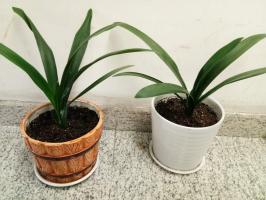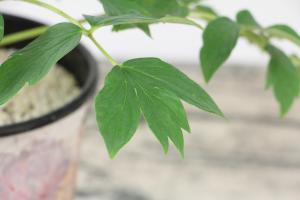Introduction
Plantar fasciitis is a painful condition that affects the foot. It occurs when the plantar fascia, a band of tissue that runs along the bottom of the foot, becomes inflamed. This condition is common in runners and athletes who put a lot of stress on their feet, as well as individuals who are overweight or have flat feet. There are many treatment options available for plantar fasciitis, including acupuncture. In this article, we will explore the effectiveness of acupuncture in treating plantar fasciitis.
What is Acupuncture?
Acupuncture is a traditional Chinese medicine practice that involves the insertion of thin needles into specific points on the body. These needles are thought to stimulate the body's natural healing processes and promote overall wellbeing.
How Does Acupuncture Work for Plantar Fasciitis?
The theory behind acupuncture is that it restores the flow of energy, or Qi, within the body. When you suffer from plantar fasciitis, it is believed that there is a blockage of Qi in the affected area. Acupuncture needles are inserted into specific points along the affected meridians, or energy channels, to release the blockage and restore the flow of Qi. This can alleviate pain and inflammation in the foot.
What Does the Research Say?
Research on acupuncture for plantar fasciitis is limited, but the studies that have been conducted suggest that it may be an effective treatment option. In a 2016 study published in the Journal of Acupuncture and Meridian Studies, researchers found that acupuncture significantly reduced pain and improved function in patients with plantar fasciitis. Another study published in the Journal of Acupuncture and Tuina Science in 2013 found similar results, with acupuncture reducing pain levels and increasing mobility in patients with plantar fasciitis.
What Can I Expect During an Acupuncture Session?
If you decide to try acupuncture for plantar fasciitis, you will need to find a licensed acupuncturist. During your first session, the acupuncturist will ask you about your symptoms and medical history. They may also examine your foot and conduct a physical assessment. Based on this information, they will develop a customized treatment plan for you.
During the actual acupuncture session, you will lie down on a comfortable table. The acupuncturist will insert thin needles into various points on your foot, as well as other areas of your body that may be contributing to your symptoms. The needles will remain in place for about 20-30 minutes. Most patients do not experience pain during acupuncture, but you may feel a slight tingling or numbness where the needles are inserted.
Conclusion
Acupuncture may be an effective treatment option for plantar fasciitis. While research on the topic is limited, the studies that have been conducted suggest that it can reduce pain and improve function in patients with this condition. If you are interested in trying acupuncture, make sure to find a licensed acupuncturist who is experienced in treating foot pain.

 how many times do yo...
how many times do yo... how many planted tre...
how many planted tre... how many pine trees ...
how many pine trees ... how many pecan trees...
how many pecan trees... how many plants comp...
how many plants comp... how many plants can ...
how many plants can ... how many plants and ...
how many plants and ... how many pepper plan...
how many pepper plan...





























